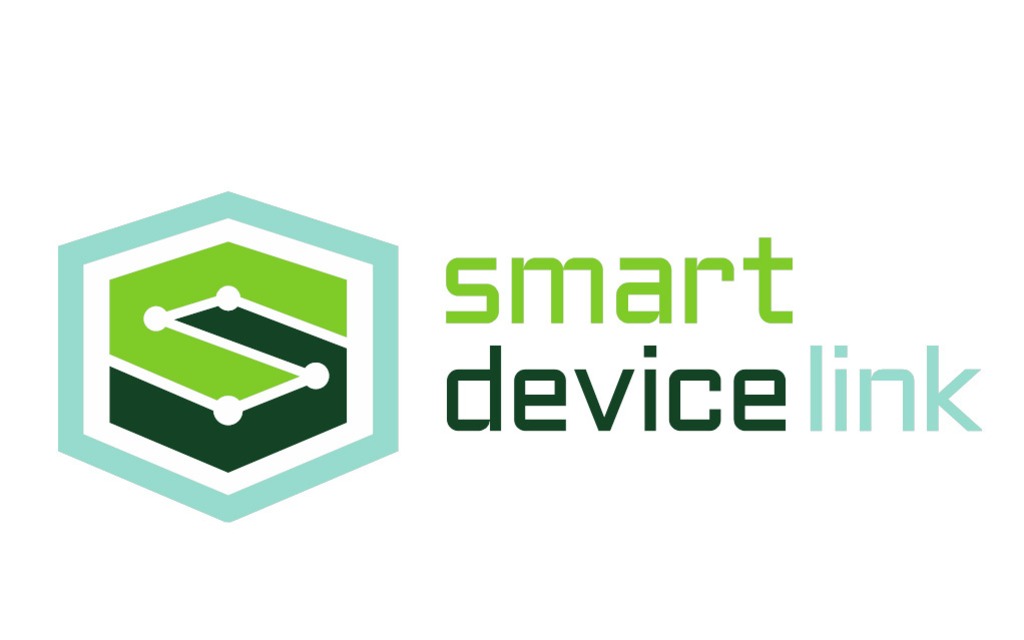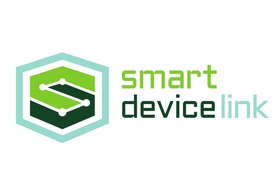SmartDeviceLink, un consortium pour contrer Apple et Google
Depuis déjà quelques années, Apple et Google ont pris les commandes de la télématique à bord des voitures. En effet, les Apple CarPlay et Android Auto sont maintenant les deux principaux fournisseurs d’applications et semblent avoir fait main basse sur ce lucratif marché.
Plusieurs constructeurs automobiles ne voient pas cet oligopole d’un bon œil. C’est la raison pour laquelle Ford et Toyota ont formé, avec la collaboration de Mazda, PSA Group (Peugeot, Citroën), Suzuki et Fuji Heavy Industries (Subaru), un consortium baptisé SmartDeviceLink (SDL). Quelques fournisseurs de services comme Elektrobit Automotive, Luxoft Holding et Xevo ont aussi embarqué dans le projet. De leur côté, Harman, Panasonic, Pioneer et QNX ont signé des lettres d’intention. Selon Automotive News, Honda serait intéressé, mais n’a pas encore bougé.
- À lire aussi: Google implémente Androïd pour Audi, Honda, Hyundai, Kia et GM
- À lire aussi: Apple CarPlay: bientôt dans toutes les voitures
Selon le communiqué émis conjointement par Ford et Toyota, le consortium SmartDeviceLink est une entité à but non lucratif qui gérera le développement de programmes pour téléphones intelligents dans les véhicules, offrant ainsi aux consommateurs une alternative aux Apple CarPlay et Android Auto.
Ford utilise déjà une version du SmartDeviceLink (AppLink) dans ses voitures qui offre des applications comme Pandora, Spotify, iHeartRadio et AccuWeather. Notez que certaines de ces applications ne sont disponibles qu’aux États-Unis.
Le SDL est un logiciel ouvert (open software) qui permettra aux entreprises développant des applications pour téléphones mobiles de les intégrer à la technologie déjà présente dans les véhicules telle que l’écran central, contrôles sur le volant, reconnaissance vocale.
Voici le communiqué émis par Ford et Toyota (en anglais) :
JAN 4, 2017 | LAS VEGAS
FORD AND TOYOTA ESTABLISH SMARTDEVICELINK CONSORTIUM TO ACCELERATE INDUSTRY-DRIVEN STANDARD FOR IN-VEHICLE APPS
- Ford and Toyota are establishing SmartDeviceLink Consortium, a nonprofit to manage open source software for smartphone app development for vehicles
- Members include automakers Mazda Motor Corporation, PSA Group, Fuji Heavy Industries Ltd. (FHI) and Suzuki Motor Corporation, as well as suppliers Elektrobit, Luxoft, and Xevo
- Consortium focused on significantly increasing choice for consumers in how they connect and control their smartphone apps on the road
LAS VEGAS, Jan. 4, 2017 – Ford Motor Company and Toyota Motor Company are forming SmartDeviceLink Consortium, a nonprofit organization working to manage an open source software platform with the goal of giving consumers more choice in how they connect and control their smartphone apps on the road.
Mazda Motor Corporation, PSA Group, Fuji Heavy Industries Ltd. (FHI) and Suzuki Motor Corporation are the first automaker members of the consortium. Elektrobit, Luxoft, and Xevo join as the first supplier members. Harman, Panasonic, Pioneer and QNX have signed Letters of Intent to join.
SmartDeviceLink provides consumers easy access to smartphone apps using voice commands and in-vehicle displays. Adopting the open source platform gives automakers and suppliers a uniform standard with which to integrate apps. Developers benefit because they can focus on creating the best experience for customers by integrating one linking solution for use by all participating automakers.
“Encouraging innovation is at the center of Ford’s decision to create SmartDeviceLink, and this consortium is a major step toward that goal,” said Doug VanDagens, global director, Ford Connected Vehicle and Services, and a board member of the consortium. “Consumers will win with new, innovative app experiences from increased collaboration and developer engagement.”
Shigeki Tomoyama, president of Toyota’s Connected Company said, “Connectivity between smartphones and the vehicle interface is one of the most important connected services. Using SmartDeviceLink, we can provide this service to our customers in a safe and secure manner. We are excited to collaborate with many auto manufacturers and suppliers who share our view.”
SmartDeviceLink enables smartphone app developers to seamlessly integrate their app functions with in-vehicle technology such as the vehicle display screen, steering wheel controls and voice recognition. With this new level of integration, drivers enjoy their favorite apps on the road in an enhanced, user-friendly way.
Consumers also benefit because developers and automakers working together will contribute improvements to the open source code – increasing the quality and security of the software.
Industry-wide adoption of SmartDeviceLink is expected to give app developers broad scale as their innovations could be applied to millions of vehicles worldwide.
Participating companies and suppliers will be able to deliver user experiences that meet their individual standards while retaining control over how much access apps have to vehicle data.
SmartDeviceLink technology is based on Ford’s contribution of its AppLink™ software to the open source community in 2013. Ford AppLink software is currently available on more than 5 million vehicles globally.
Toyota plans to commercialize a telematics system using SDL around 2018.
Popular apps such as Pandora, Spotify, iHeartRadio, AccuWeather and others are already available to Ford AppLink users.
Livio will manage the open source project and provide guidance to the SmartDeviceLink Consortium and its members. Visit SDL for more information or to apply to the consortium.










